Ten years after an acquisition by Tata Motors, a Supreme Court ruling sees Singur farmers reacquiring their land. But, not everyone is happy
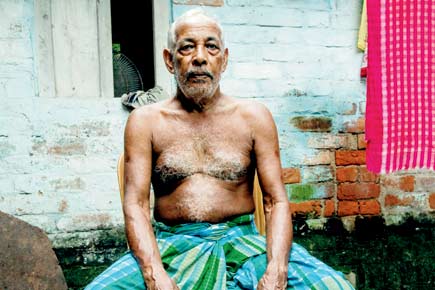
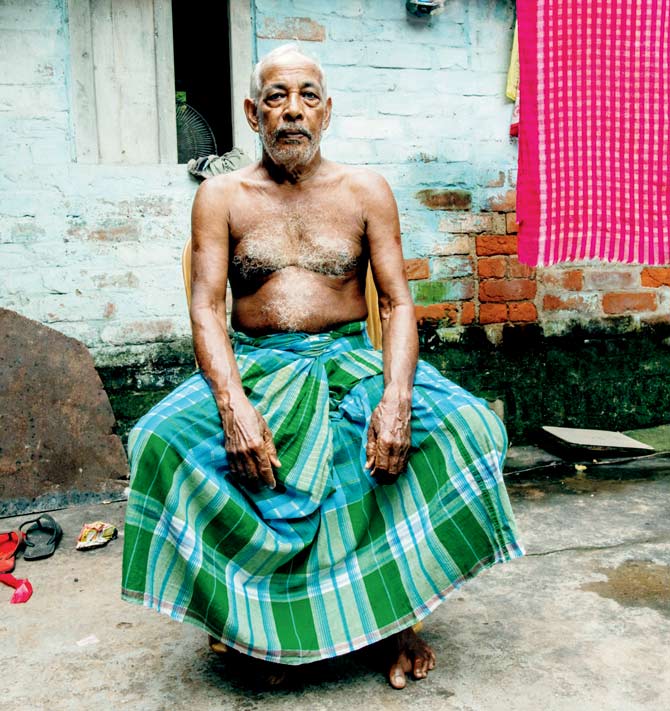
 Kolkata: “We lost an opportunity 10 years ago. Hopefully, we’ll g
Kolkata: “We lost an opportunity 10 years ago. Hopefully, we’ll g
et a second chance at a good life this time,” says 40-year-old Soumen Samanta of Gopal Nagar village, in Singur, 38 kilometres away from Kolkata.
ADVERTISEMENT
Soumen, a jewellery maker, is the second generation of the Samanta family, comprising six brothers and their respective families. Together, they own around 15 bighas of land. The Samanta family is part of nearly 2,000 farmers, owning around 400 acres of land, who in 2006 refused to accept compensation for unwilful acquisition of their plots.
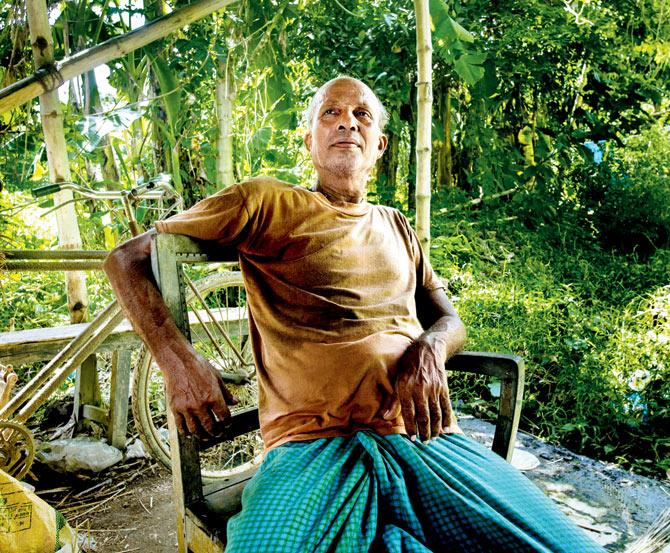
Taraknath Shee was one of the many farmers of Gopalnagar village who willingly gave their land to Tata Motors. His brother Loknath was unwilling to do so. Today he feels vindicated. “We have given our blood and tears to see this day while others have only enjoyed the benefits,” he says. PICS/RANA CHAKRABORTY
September 14, 2016 will perhaps go down in history as the momentous day when mati was returned to the manush. For the farmers of Singur, the 10-year-long land movement against forceful acquisition of their farmlands ended triumphantly when the Supreme Court on August 31 struck down the acquisition of a 997-acre plot for Tata Motors’ Nano car factory in Singur, and directed the government to return the land to the farmers.
In a glittering ceremony, Chief Minister Mamata Banerjee returned land ‘parchas’ or deeds to 9,117 farmers and 800 cheques to the unwilling farmers.
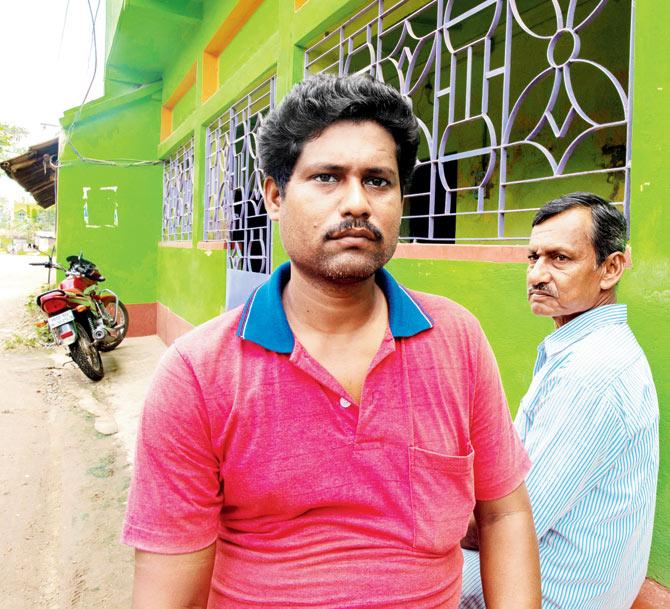
Another farmer, Madhab Samanta (left) talks of the unfairness of it all. Those who willingly gave up their land in 2006, have been given compensation and will get their land back as well, whereas those who fought for their rights and land, will be paid on the basis of the prices that were set at the time of the acquisition
Cost of return of rights
The land agitation in Singur has been a decade of daily push and pull between hope and despair, of managing to somehow survive, of selling off jewellery for education or marriage, of migration to cities in search of work. Loknath Shee, an unwilling farmer of Gopalnagar village, speaks of the struggles trying to educate his sons and marrying his daughter. His house shares a common wall with his brother Taraknath Shee, who willingly gave up his land.
Today, they both seem to be happy with the court verdict.
Taraknath sees the ruling more as a “step forward for Singur” while Loknath sees it as “triumph of farmer’s rights.”
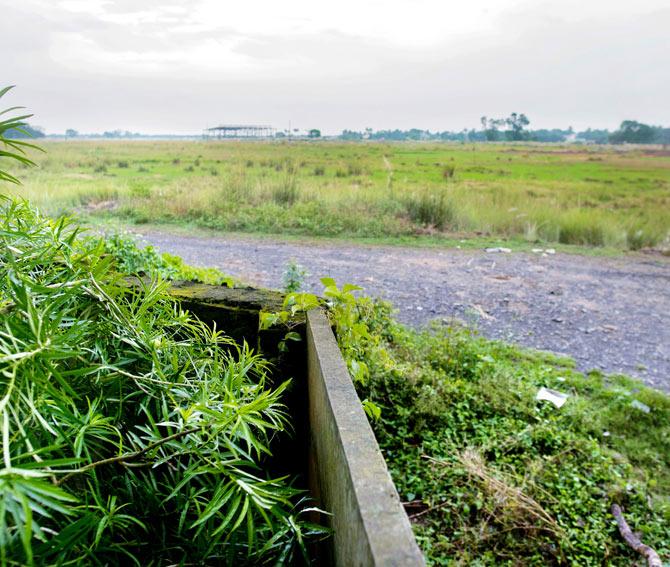
The land that was acquired by Tata Motors
“We have been vindicated. We have given our blood, sweat and tears to see this day while others have done nothing but enjoy the benefits,” says Loknath looking pointedly at his elder brother. “The freedom fighters gave up their lives for freeing our country but could they enjoy the fruits of freedom?” he adds.
The tinge of resentment among “unwilling” farmers like Loknath is palpable. The unwilling farmers will be paid on the basis of the prices that were set at the time of acquisition. Also, the “willing” farmers, who pocketed compensation in 2006, are now getting their land back as well. “In 10 years, the money that they got has doubled while we have lost out on the accrued interest,” rues Madhab Samanta.
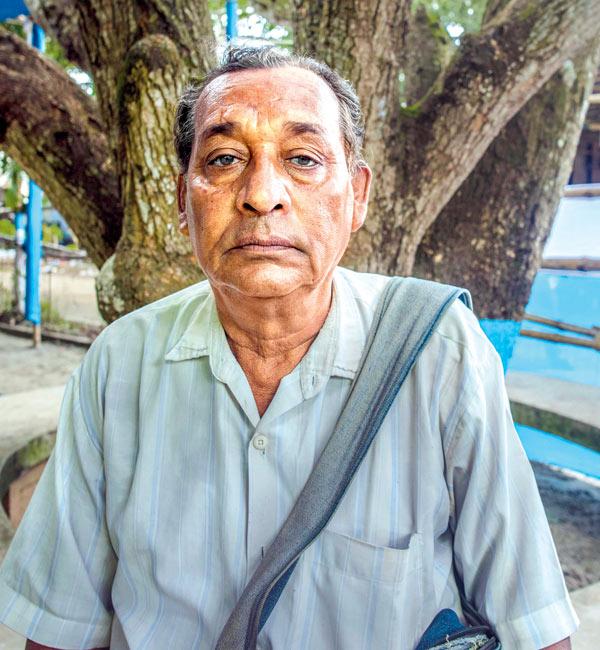
Haradhan Ghosh, a retired librarian, who lost three bighas to the project is worried for the fertility of the land that was acquired by Tata Motors. The top soil is left damaged by dumping of fly ash, sand and concrete, he says. “The land that we gave up bore three crops every year. Now, I am not sure if we will be able to grow as much,” he fears.
Fertility issues
Singur has been highly fertile owing to its location in the lower Gangetic plain. It yields several crops including paddy, potato, jute, and vegetables. However, in the last 10 years, the top soil of the acquired land area has been damaged because of fly ash, sand and concrete that was dumped to raise the land level of the site.
With doubts over fertility, many farmers are wondering whether they will be able to cultivate the land like before. “The land that we gave up bore three crops every year. Now, I am not sure if we will be able to grow as much,” says Haradhan Ghosh, a retired librarian, who lost three bighas to the project. “We hope Didi [Banerjee] will ensure that the land is returned in a cultivatable state.”
Farm we must
The likes of Manik Das and Krishna Bag of Beraberi’s purba para, the epicentre of the protests, still want to farm though. “This day has come after a long struggle. I was beaten up, jailed. All the sacrifices were not for nothing. We are looking forward to farming again,” says Krishna, whose husband Arun, like many of his neighbours, was forced to seek a job in Kolkata to support his family.
“We will have to work hard on our land but I am sure in a couple of years, the land will become fertile like before,” says Krishna.
Industrialisation, explains Manik Das, one of the leading campaigners and now a zila parishad member, should not come at the cost of agriculture. “No matter how big you become, how much money you have, you will still need to eat food. No society or nation can survive without agriculture,” he adds.
People like Manik Das and Krishna Bag feel industry and agriculture must co-exist. However, most Singur farmers seem to have had a change of heart in the last 10 years, hoping for an industry to come in.
Industry calling
The initial euphoria of victory feels like it’s fizzling out. “I have been to Jamshedpur and I have seen how an industry can transform a place and fortunes of its dwellers. I am fervently hoping that we move ahead from here even if we can’t make up for the decade that was lost,” says Soumen.
His eldest uncle, Phuleshwar Samanta, who is squatting on a culvert, nods in agreement. “In the last 10 years we have suffered a lot. Had it not been for the government dole of '2000 and 16 kilos of rice per month, we would have not been able to survive. A land is a farmer’s real wealth. But the younger generation is not interested in farming. Also, people like me can’t till the lands anymore and farming is becoming less profitable owing to high input and labour costs,” says Phuleshwar.
The other two brothers Madhab, Soumen’s father, and Satyajit Samanta chime in. “It would be better for everyone if an industry comes up. Whenever an industry sets up shop, it always spawns ancillary businesses, thereby generating opportunities for a large number of people,” they say.
Nimai Das of Beraberi echoes similar sentiments. “My sons are not interested in farming and so are many others of this generation. Hence, an industry will be a better option as youngsters can get jobs depending on their skills and qualifications,” says the 73-year-old.
One of Nimai’s sons was among the many to get trained by Tata Motors. “He had started working at the Singur plant and even drew a month’s salary. I felt very sad when the company exited. My son and a thousand others lost their jobs at once,” says Nimai. He willingly gave up 4.5 bighas of land in 2006. All his five sons had to leave Singur to find work. Two work in Gujarat while the other three do odd jobs in Kolkata.
Clearly, Singur is divided on what to do with its land. But what they agree on is that they want to see Singur develop into a flourishing town with job opportunities and infrastructure.
The toddler that became the face of Singur protests
On September 25, 2006, two-and-a-half-year-old Payal Bag and her mother Krishna Bag, along with 27 other women, were locked in Chandannagar sub-jail for three days. They were among the 2,000-odd protesters, who were demonstrating outside the BDO office, demanding the return of their land. The Bags’ three-bigha land, their only source of livelihood, was forcefully taken away.
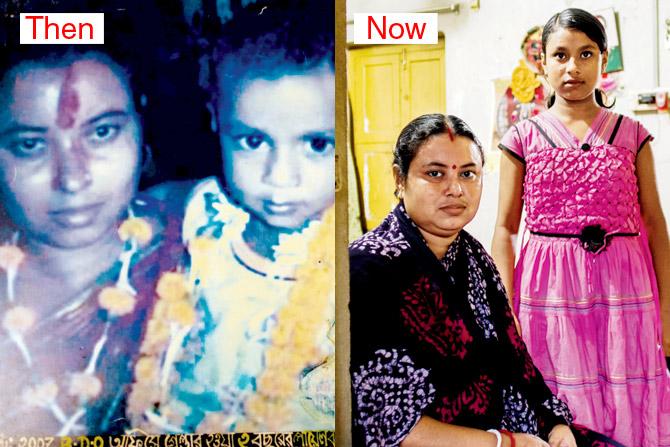
Payal does not remember anything of those harrowing days but she remembers sharing the dais with Mamata Banerjee on several occasions even as she became the face of Singur protests.
“I am very happy that we won. We will have our land back and my father can do farming again,” said a visibly happy Payal, who is now 13 and a student at the Beraberi SNM High School. When asked if she would like to be an agriculturist, she simply smiled.
 Subscribe today by clicking the link and stay updated with the latest news!" Click here!
Subscribe today by clicking the link and stay updated with the latest news!" Click here!







